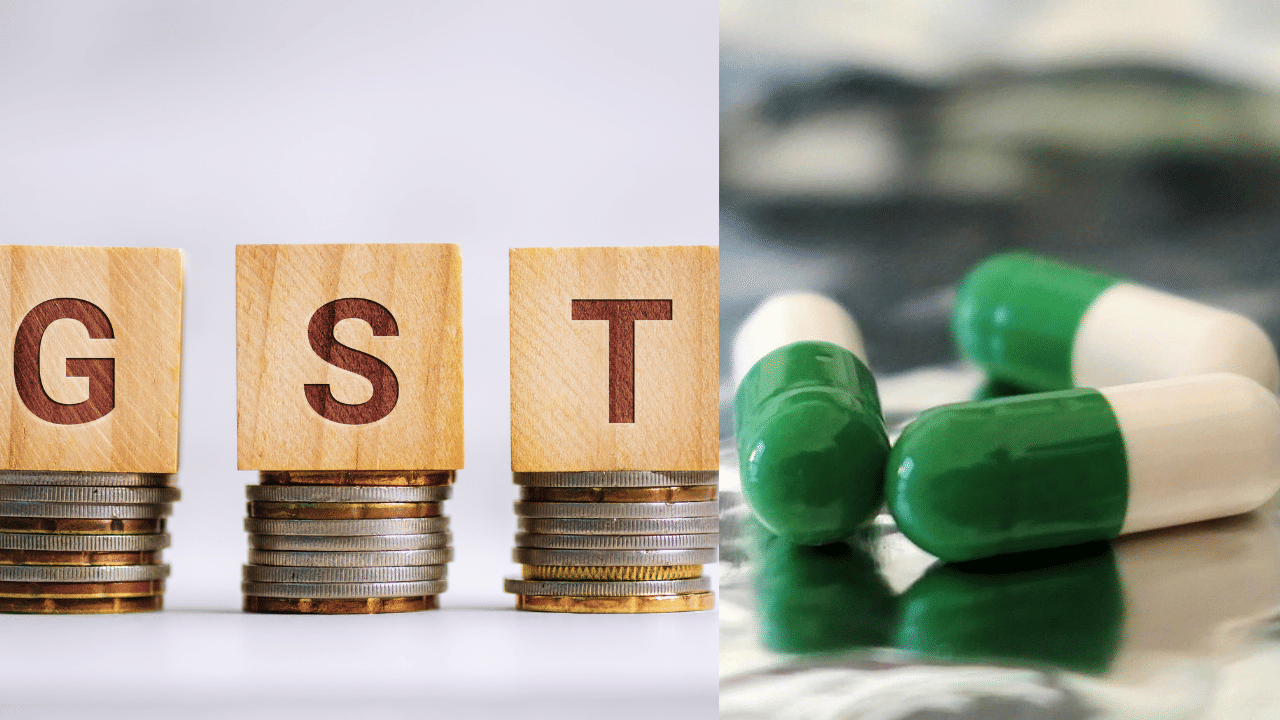New Delhi: The recent Goods and Services Tax (GST) reforms are poised to reshape India’s healthcare and pharmaceutical sectors by lowering costs, improving affordability, enhancing efficiency across the value chain while strengthening India’s position as the Pharmacy of the World.
The government’s move to rationalize tax slabs has brought most medicines under a reduced 5 percent GST tax slab rate. Additionally, 36 essential life saving drugs have been completely exempted from GST thereby providing much-needed relief to patients in particular and the healthcare ecosystem in general.
Cancer drugs prices reduced
Over the past year, the prices of major cancer medicines have declined notably, following a series of government-led tax reforms In the Union Budget 2025, the Ministry of Finance reduced the Basic Customs Duty (BCD) on cancer formulations to around 10 percent of the Cost, Insurance, and Freight (CIF) import value. This rationalization, down from previously higher rates, has directly lowered import costs for manufacturers and distributors, leading to reduced prices across the supply chain.
GST cuts on medical devices
In September 2025, the GST Council implemented further relief by cutting the GST rate on medical devices from 12 percent to 5 percent, with certain categories effectively attracting a near-zero rate after input tax credits (ITC). Since GST is applied on the MRP after accounting for taxes, the move significantly reduced both the sale price and overall tax burden for consumers.
Together, these measures have contributed to a marked reduction in the Maximum Retail Price (MRP) of essential cancer drugs, improving accessibility and affordability for patients
The reform aims to reduce out-of-pocket medical expenditure while simultaneously strengthening India’s healthcare infrastructure. With the tax burden on drugs and medical devices significantly reduced, hospitals, pharmacies, and patients are expected to pass on direct price benefits to end customers. For pharmaceutical companies, the move offers the opportunity to expand market reach, particularly in rural and semi-urban regions, where affordability remains a key barrier to healthcare access.
Industry experts have welcomed the reform, calling it a progressive step that aligns with India’s broader goal of ensuring universal healthcare. The reduction in GST is expected to boost domestic demand, enhance export competitiveness, and attract greater investment in manufacturing and R&D. It also reinforces the government’s commitment to promoting healthcare as a key pillar of economic growth.
However, experts have cautioned that the implementation phase will require careful management. Pharmaceutical firms will need to recalibrate their pricing, invoicing, and distribution systems to align with the new tax structure. Additionally, as certain essential items are now zero-rated, managing input tax credits (ITC) could become more complex, potentially affecting working capital and cash flows.
